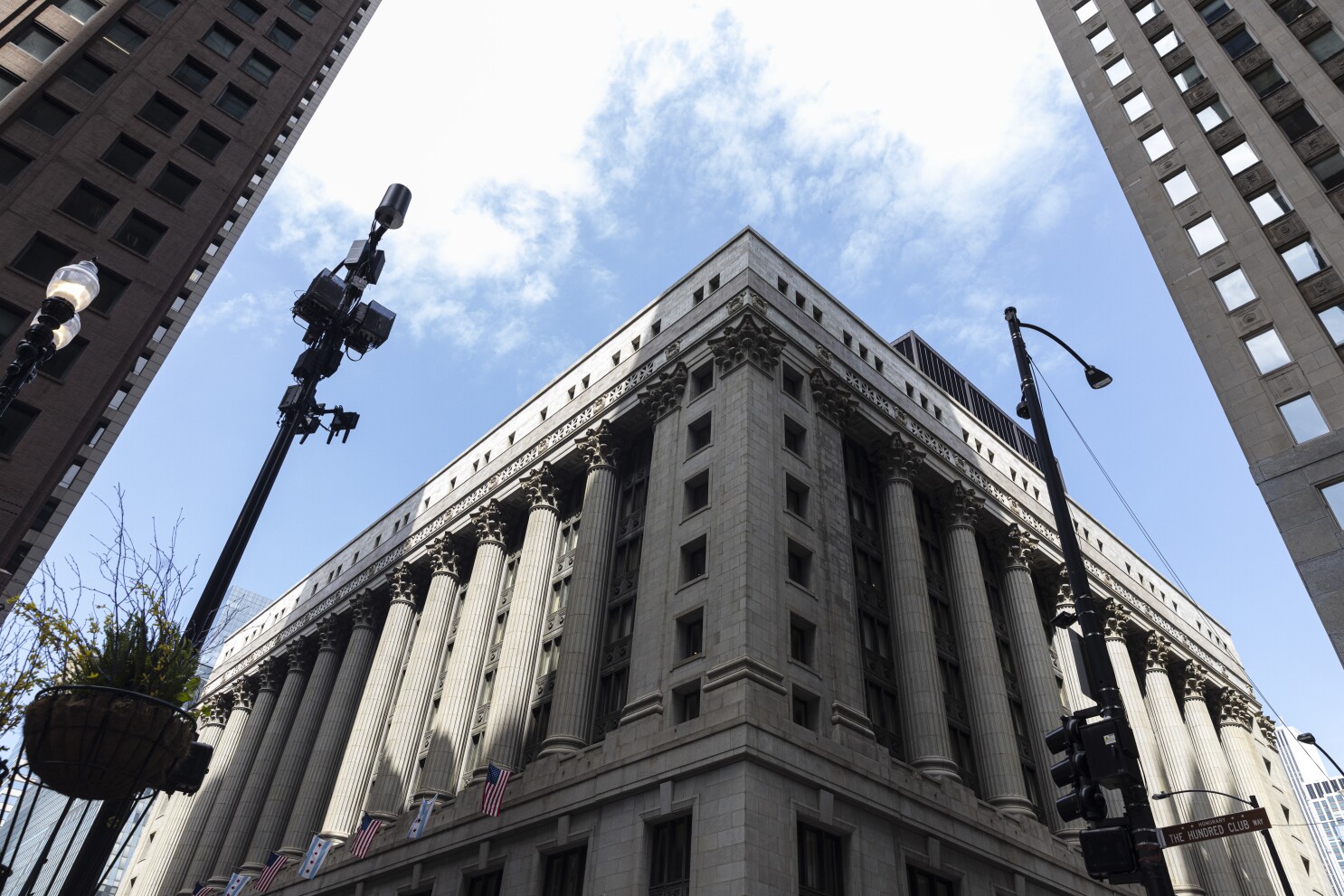Chicago Mayor Brandon Johnson has announced the revival of a $500-per-month guaranteed basic income program, initially launched by his predecessor, Mayor Lori Lightfoot. With $32 million allocated from the city’s remaining federal COVID-19 relief funds, this initiative aims to provide financial support to low-income families as part of the ongoing pandemic recovery efforts.

The program, which began in 2022, disbursed monthly $500 payments to 5,000 low-income families for one year, intending to alleviate economic strain exacerbated by the pandemic. Under Mayor Johnson’s administration, the program will be reintroduced with a focus on leveraging the city’s federal relief funds to assist those most impacted by the pandemic’s economic fallout.
While specific details regarding eligibility criteria for the revived program are yet to be announced, the original requirements included residency in Chicago for at least one year, age of 18 or older, experiencing economic hardship due to the pandemic, and having a household income below 250% of the federal poverty level.
Chicago received $1.9 billion in COVID-19 relief funds through the American Rescue Plan Act, with a mandate to allocate the funds to designated programs by the end of 2026. In addition to reinstating the guaranteed basic income program, Mayor Johnson’s administration has outlined various other initiatives aimed at utilizing the federal relief funds for community welfare.
These initiatives include:
- $66 million for the Youth Opportunities Program, focusing on providing employment opportunities for local youths.
- $10 million for one-time emergency financial assistance to survivors of gender-based violence.
- $23 million for a Community Violence Intervention Program offering case management and outreach to individuals at high risk of committing violence.
- $24 million for the Family Connects Program, offering home visits and comprehensive physicals for families with newborn babies.
- $20 million for the Mental Health Equity Initiative, aimed at improving access to mental health services.
- $32 million for the Rapid Rehousing Program, assisting families experiencing homelessness in securing permanent housing.
- $10 million for the Neighborhood Broadband Connectivity program, aiming to provide affordable high-speed internet connections in underserved neighborhoods.
These initiatives collectively reflect Mayor Johnson’s commitment to utilizing federal relief funds effectively to address various challenges faced by Chicago communities in the wake of the COVID-19 pandemic.